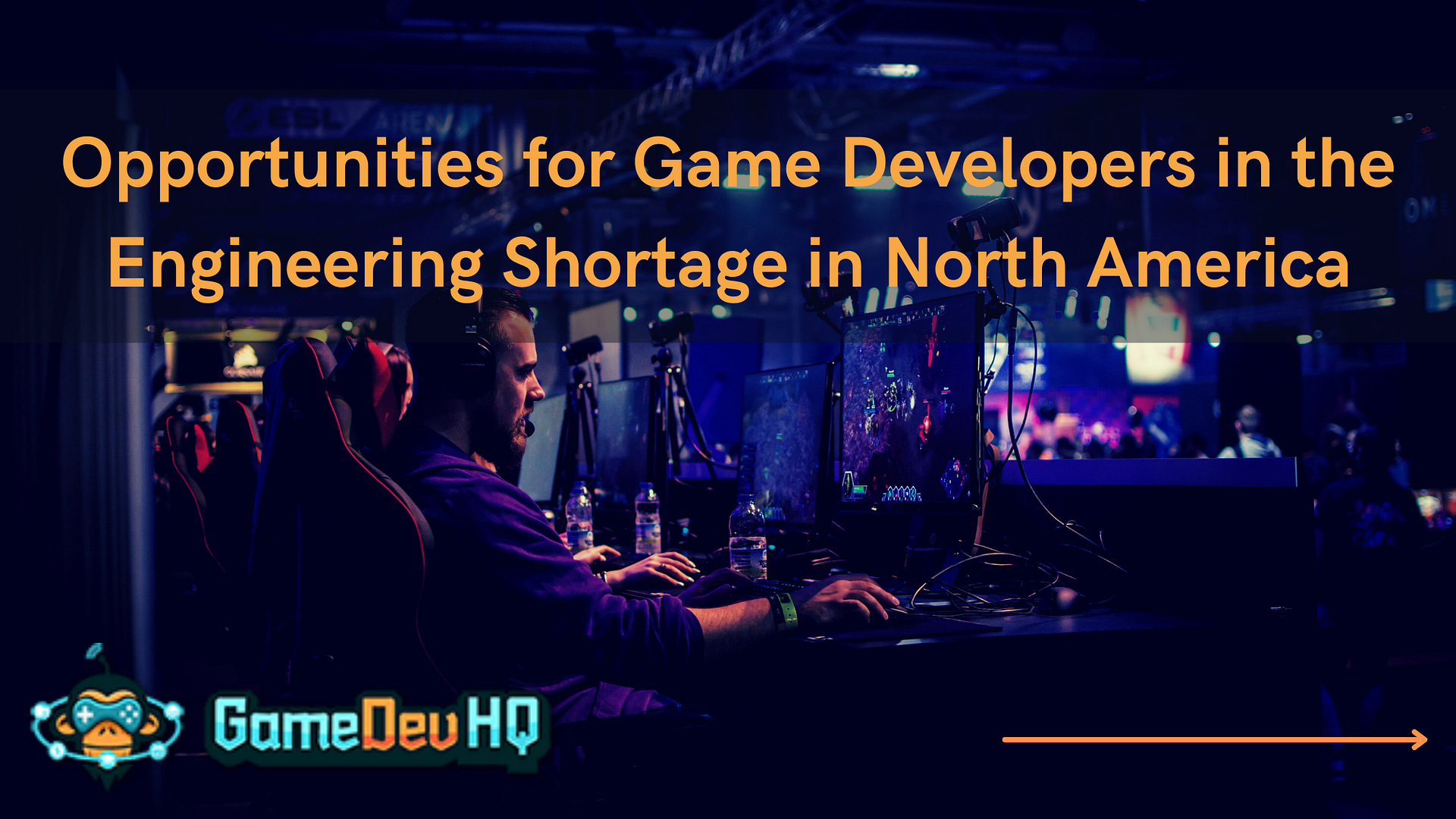In the fast-paced and competitive world of technology, having a strong portfolio is your golden ticket to stand out from the crowd. But what exactly should you include in your portfolio, and how should you present it?
As experts in networking, game development, and portfolio development, we’ll guide you through the process of creating an impressive portfolio for game developer and software engineering jobs that will leave a lasting impression on potential employers.
Why Building Your Portfolio for Game Developer Jobs Matters
In the ever-evolving domains of game development and app creation, employers are no strangers to the influx of job applications flooding their desks and inboxes. Each application represents a potential candidate vying for a coveted spot on their team.
With such an inundation of aspirants, employers are naturally inclined to exercise caution and skepticism during the hiring process. They want to ensure that the talents they bring aboard align seamlessly with their company’s goals and values, and that their investment yields fruitful results.
Picture it: an HR team meticulously sifting through a multitude of résumés, portfolios, and applications, each one professing unrivaled expertise and unparalleled dedication. In this milieu, standing out isn’t just a desire – it’s a necessity.
This is the juncture where your portfolio emerges as your most potent weapon. It’s not a mere assortment of projects; it’s a dynamic testament to your craftsmanship, creativity, and your unique journey through the world of software engineering and game development.
Imagine your portfolio as a spotlight that illuminates your capabilities, achievements, and the passion that drives your endeavors. Employers, who are often overwhelmed by the sheer volume of candidates, seek solace in tangible evidence of your proficiency. They’re not looking for superficial charm; they’re seeking authentic demonstrations of your value. Your portfolio acts as an ambassador, advocating for your candidacy even before the interview stage.
Addressing Employer Doubts
One common mistake is assuming that your work speaks for itself.
While your projects might be impressive, without proper explanations, employers might miss the nuances and intentional choices you’ve made. To overcome this, provide detailed descriptions for each portfolio piece.
Explain the goals you aimed to achieve, the challenges you encountered, and the solutions you implemented. If the project was a group effort, make sure to credit your teammates and seek their permission to showcase their work.
Showcase Your Achievements
In the competitive landscape of game and app development, achievements matter.
When describing your projects, don’t shy away from highlighting your accomplishments.
> Did you complete a high-quality project in record time? Mention it!
> Have you mastered a new skill or technique during the project? Share your growth.
> Did your project win a game jam or receive positive feedback? Let employers know about it.
Tangible achievements demonstrate your value and expertise in the field, making employers more eager to bring you on board.
Let Your Game Dev Portfolio Reflect You
Your portfolio isn’t just a compilation of your work; it’s a reflection of your style and preferences as a developer.
Take a moment to analyze your projects. Do they lean toward a particular genre, style, or theme?
By recognizing these patterns, you can align your portfolio with the types of projects a potential employer might have. If a company specializes in comedic games, for instance, showcasing your ability to nail comedic timing will make you an appealing candidate.
Be Purposeful About Portfolio Length
When crafting your portfolio, remember that the viewer’s time is valuable. Ensure that your portfolio effectively conveys your goals and achievements without unnecessary distractions.
If you’re presenting an interactive UI system, provide clear explanations and intuitive controls.
Your portfolio is an opportunity to showcase your strengths, so focus on highlighting your best work. Just like a photographer captures the best angles of a model, your portfolio should showcase your projects’ most impressive aspects.
Tailor and Update Your Portfolio
Gone are the days of fixed, printed portfolios. With the power of online platforms, you have complete control over your presentation.
Before sharing your portfolio link with potential employers, take the time to curate your lineup. Remove outdated or less polished pieces that no longer reflect your current skill level.
Updating your portfolio regularly shows your dedication to improvement and growth. Remember, it’s acceptable to acknowledge areas you’ve struggled with in the past, as long as you showcase how you’ve overcome those challenges.
Seek Feedback and Refine Your Game Developer Portfolio
Building an outstanding portfolio is an iterative process. Don’t hesitate to seek feedback from peers, professionals, or mentors. Constructive criticism can help you refine your presentation and identify areas for improvement. At GameDevHQ, we provide a supportive community of peers, professionals, and employers, making it easier for our students to gather valuable insights. Embrace feedback as an opportunity to enhance your portfolio and your skills.
In conclusion, your portfolio is your ticket to a rewarding career in game development or software engineering. By addressing employer doubts, showcasing your achievements, aligning your portfolio with your personal style, and maintaining control over your presentation, you can create a portfolio that captivates potential employers. Remember, your portfolio represents not only your work but also your dedication, passion, and potential as a developer. With these insights in mind, you’re well-equipped to craft a portfolio that opens doors and propels you toward your dream job.









